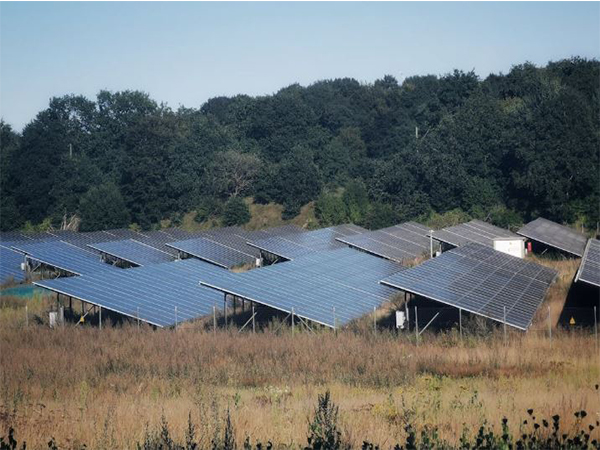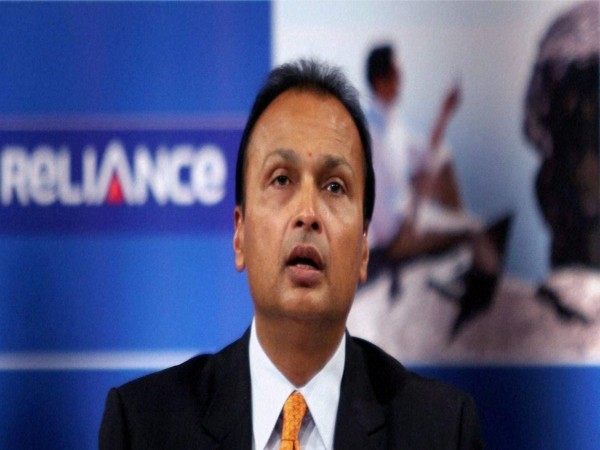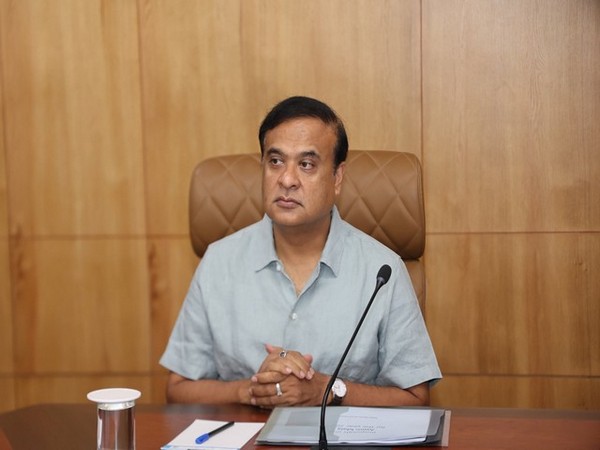IMF forecasts global growth of 3.2 pc in 2024
Apr 16, 2024

New Delhi [India], April 16 : The International Monetary Fund (IMF) forecasts a global economic growth rate of 3.2 percent for the year 2024, raising its growth forecast by 10 basis points.
In 2023 , the world economy also grew by 3.2 per cent.
IMF in its latest World Economic Outlook report released on Tuesday projected global inflation at 2.8 pc in 2024 and it will cool down to 2.4 per cent next year, respectively.
"According to our latest projections, growth for 2024 and 2025 will hold steady around 3.2 percent, with median headline inflation declining from 2.8 percent at the end of 2024 to 2.4 percent at the end of 2025. Most indicators point to a soft landing" the IMF statement read.
According to IMF, despite many gloomy predictions, the world avoided a recession, the banking system proved largely resilient, and major emerging market economies did not suffer sudden stops.
Furthermore IMF expressed confidence in a soft landing for the global economy, with most indicators pointing towards stability.
In economic parlance, soft landing is basically maintaining inflation at manageable levels without hurting robust growth.
The IMF's outlook highlights the robustness of the global economic landscape, with projections suggesting minimal long-term damage from the pandemic for most countries and regions.
The statement further read "The IMF's forecast underscores the resilience of the global economy, estimate that there will be less economic scarring from the pandemic--the projected drop in output relative to prepandemic projections--for most countries and regions".
With the IMF's forecast indicating a moderate yet steady growth trajectory for the coming years, stakeholders are urged to remain vigilant and proactive in addressing emerging challenges and seizing opportunities for economic advancement and prosperity.
India's growth projections for 2024 has been raised from 6.5 per cent to 6.8 per cent, with the country maintaining the fastest-growing status in emerging markets and developing economies.
For the year 2025, the IMF maintained India's growth rate at 6.5 per cent. It attributed robustness and strength in domestic demand and a rising working-age population behind its growth projections.
Countries with a current demographic dividend could help support growth in the global workforce, in which nearly two in every three new entrants over the medium term will come from India and sub-Saharan Africa, IMF noted in its latest World Economic Outlook report.
Economic growth in the 10 emerging markets of the Group of Twenty (G20) has consistently outperformed that of advanced economies over the past two decades.
As their share of world GDP has more than doubled since 2000, Argentina, Brazil, China, India, Indonesia, Mexico, Russia, Saudi Arabia, South Africa, and Turkiye (henceforth G20 emerging markets) have continued to integrate into the global economy--notably through trade and global value chains.
According to India's official data, it grew at a massive 8.4 per cent during the October-December quarter of the financial year 2023-24 and the country continued to remain the fastest-growing major economy. The Indian economy grew 7.8 per cent and 7.6 per cent during the preceding two quarters - April-June and July-September.
India's economy grew 7.2 per cent in 2022-23 and 8.7 per cent in 2021-22, respectively.




















